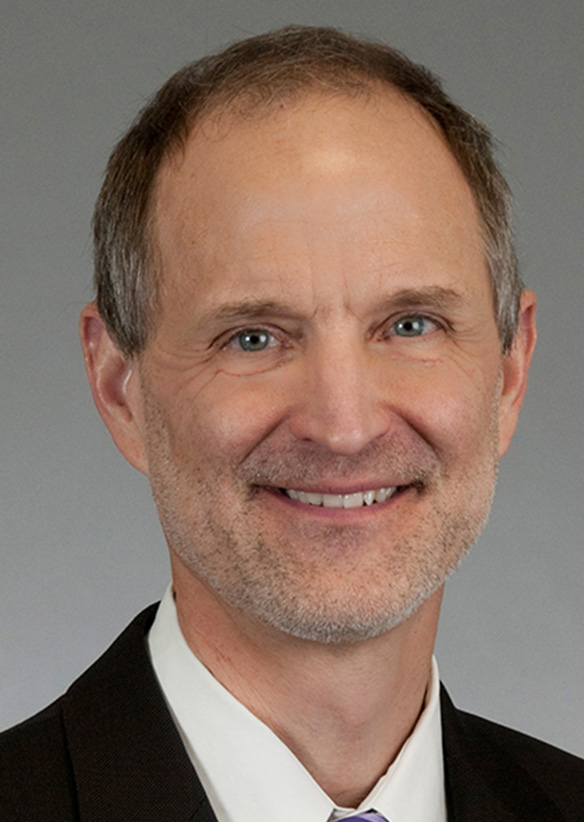
In Damaged Coronary heart, Johnson traces the origins of St. Louis from its founding as a French fur-trading publish to its position in shaping the America we stay in at the moment. Johnson believes that the historical past of St. Louis is instructive as a result of it’s a microcosm of all the nation, and subsequently it’s a becoming lens by which we will study the historical past of racial oppression in America, proper as much as the current day.
By way of meticulous analysis and vivid storytelling, Johnson introduces us to people and occasions which have formed St. Louis and the remainder of our nation. From enslaved people to Indigenous communities, we get to listen to voices which have typically been marginalized or silenced in different historic retellings. Thus, Damaged Coronary heart provides us a extra complete understanding of the forces which have formed the town.
Johnson is very good at describing the intersecting forces of capitalism, imperialism, and racism in St. Louis. In so doing we’re confronted with some uncomfortable truths about our nation’s founding ideas and the enduring penalties of its historic injustices.
Johnson additionally reveals the connections between historic occasions and present-day struggles, highlighting the legacy of racism in America. His writing serves as a stark reminder that understanding the previous is essential for dismantling systemic injustices at the moment.
I suppose that there are any variety of reactions that somebody might need after studying Damaged Coronary heart. You may relegate it to previous historical past. You may marginalize it as telling just one facet of the story and, subsequently, biased. You may say, “Sure however . . . issues are completely different now.”
As a substitute, I adopted a suggestion given by Volney Homosexual in his e book On the Pleasures of Proudly owning Individuals, and I did some private soul looking. Homosexual mentioned, “Wanting again to the start of the Civil Warfare and its aftermath we all know which facet was morally proper. Nonetheless, we also needs to look inside ourselves. Inside us slumbers an analogous capability to participate in and defend slavery. To disclaim that is tantamount to splitting ourselves off from this a part of our nature, what I’ve referred to as “the pleasures of proudly owning individuals.”
As I learn Damaged Coronary heart, my thoughts stored going again to Homosexual’s phrases. Because of this, somewhat than merely judging or condemning or recoiling from the historical past (all of which I did certainly do), I additionally confronted the multifaced specter of sin in my very own coronary heart and discovered once more some daunting religious truths: (1) You can’t overestimate the capability of evil within the hearts of human beings, together with my very own! Evil is an extremely highly effective enemy, and none of us can escape it. (2) You can’t absolutely see or perceive reality #1. At the same time as I write the phrases, I don’t absolutely really feel or imagine that issues are actually that unhealthy. All of us suppose that we’re higher than we actually are, and this misguided sense of our personal righteousness and piety ends in horrible deeds in opposition to others at the same time as we simply discover justifications for such deeds. (3) Evil deeds and evil workouts of energy are pleasurable. They’re really easy to do and really feel so good. Many times in Damaged Coronary heart, it turned fairly clear that individuals preferred doing what they did to others. They didn’t care. What about me? (4) One last reality is that studying Damaged Coronary heart drove me once more, by its 544 pages, to the promise of our Lord that he would ship me from my sin and evil. It made me ever extra grateful for God’s grace and conscious that I present that very same grace and like to these round me.


